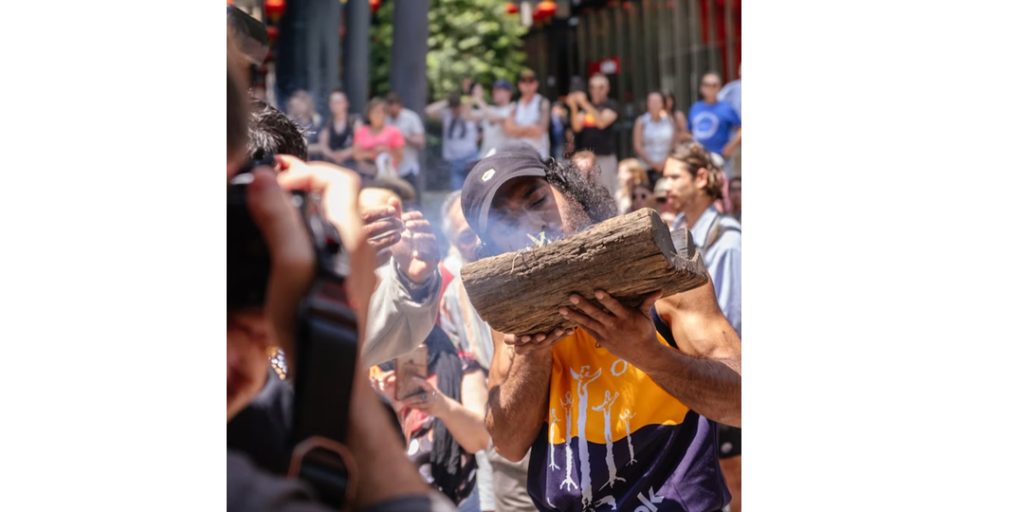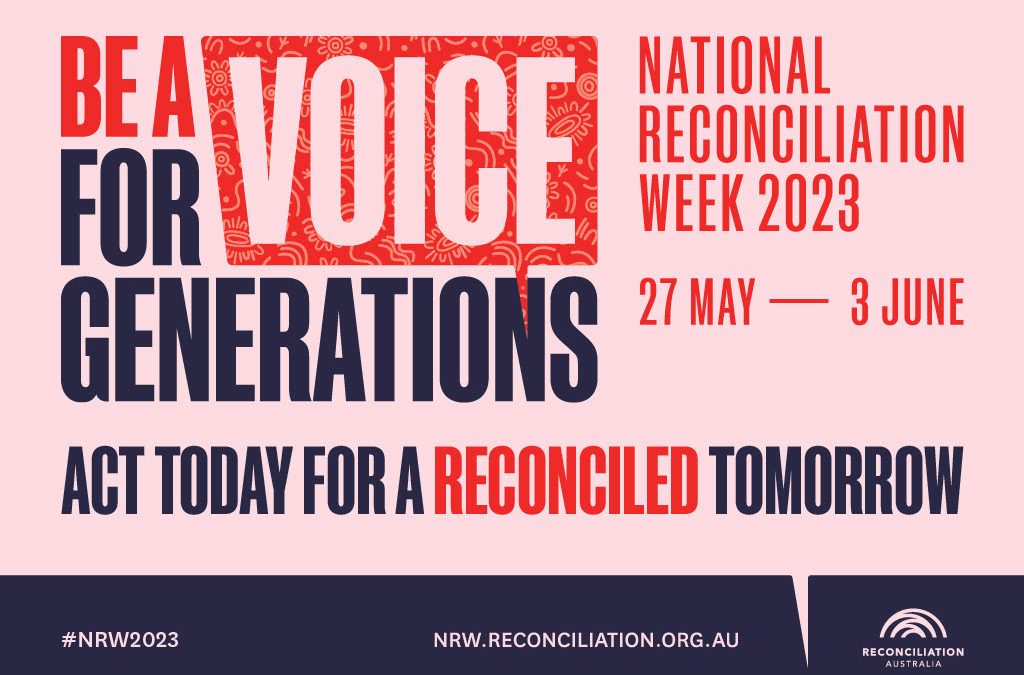National Reconciliation Week is 27 May – 3 June, and this year is all about encouraging people to ‘Be a Voice for Generations.’ Strengthening relationships between Aboriginal and Torres Strait Islander Peoples, and non-Indigenous Peoples, is at the heart of Reconciliation.
The start and end dates of Reconciliation Week are significant. May 27 marks the day of the 1967 referendum where an overwhelming ‘yes’ vote championed changes to the constitution. This gave the Commonwealth legal power to make laws for Aboriginal and Torres Strait Islander Peoples and to include Aboriginal and Torres Strait Islander Peoples as part of the population. The week concludes on 3 June, Mabo Day, which commemorates the landmark decision by the High Court of Australia to overturn the legal fiction of terra nullius (Latin expression meaning “nobody’s land”). The decision, Mabo v Queensland (No. 2), was not passed until after Eddie (Edward Koiki) Mabo, of the Meriam Peoples of Murray Island (Mer), died, and many Aboriginal and Torres Strait Islander groups have created a movement to declare June 3 a national holiday.

So, what does reconciliation mean?
First, take some time to understand the five dimensions of reconciliation, as the more we understand, the more we can influence change.
- Race Relations is about confronting racism. Recognising value in Aboriginal and Torres Strait Islander culture, and building relationships through trust and respect is key.
- Equality and Equity means giving attention to Closing the Gap. Indigenous people participate equally across all life opportunities and are self-determining.
- Institutional Integrity is the active support of reconciliation by our nation’s political business and community structures.
- Unity is striving to recognise Australia’s First Peoples in our Constitution and recognising their heritage with pride as a shared part of our national identity.
- Finally, Historical Acceptance is about understanding and acknowledging the wrongs of the past and their impact on Aboriginal and Torres Strait Islander Peoples.

But how can this be done?
Connection to people, to culture and to Country is incredibly important in Aboriginal and Torres Strait Islander heritage, but it can be hard to know where to start. This is where Reconciliation Week events come into play – from nature walks, to workshops and talks, storytelling sessions and even a golf day. All these events are examples of connecting with Aboriginal and Torres Strait Islander culture, developing understanding and forging relationships.
Aside from these types of events, there are other ways to increase knowledge and connection. Education through an organisation like AIATSIS, staying informed by following grass roots organisations such as Indigenous X, supporting local organisations such as The First Nations Response and including media such as NITV and Koori Mail in your selection of news outlets are just some suggestions. Reconciliation groups are another way to stay informed and connected, or even going for a bush walk in a local green space or national park are all ways we can help create a connection to Country and culture.
The Green Living Centre team would like to acknowledge and thank Megan Ridgeway for her advice and encouragement on this topic.

